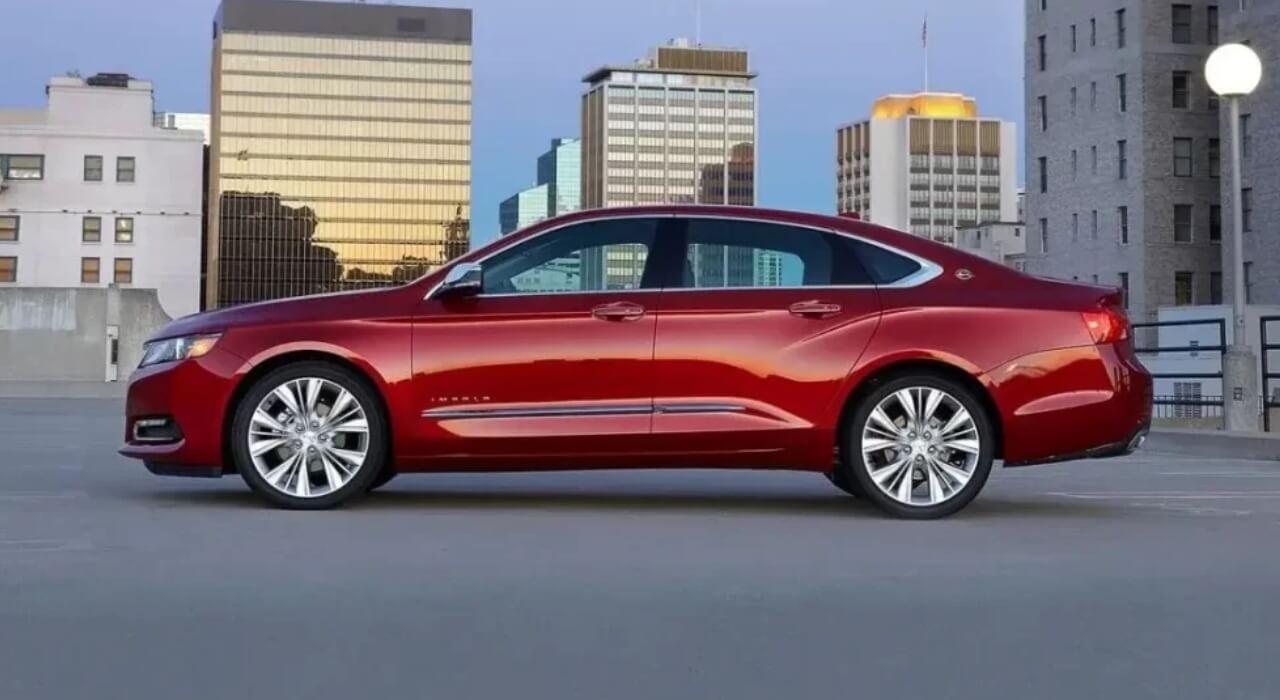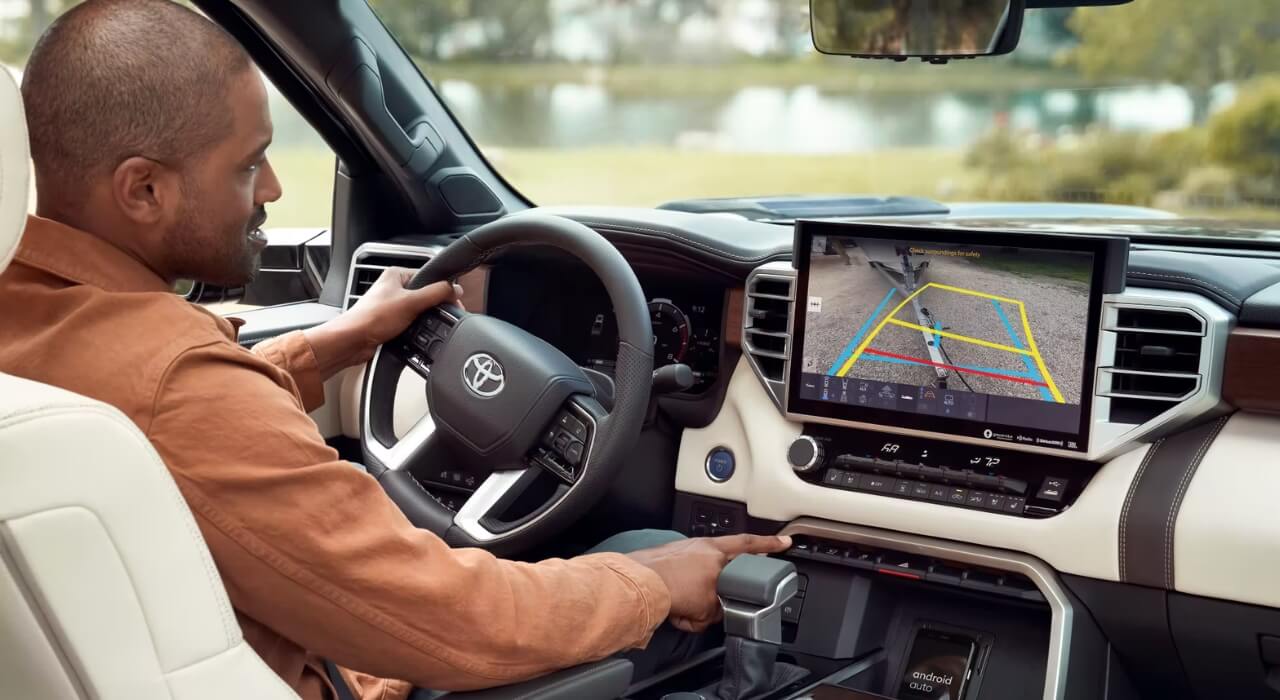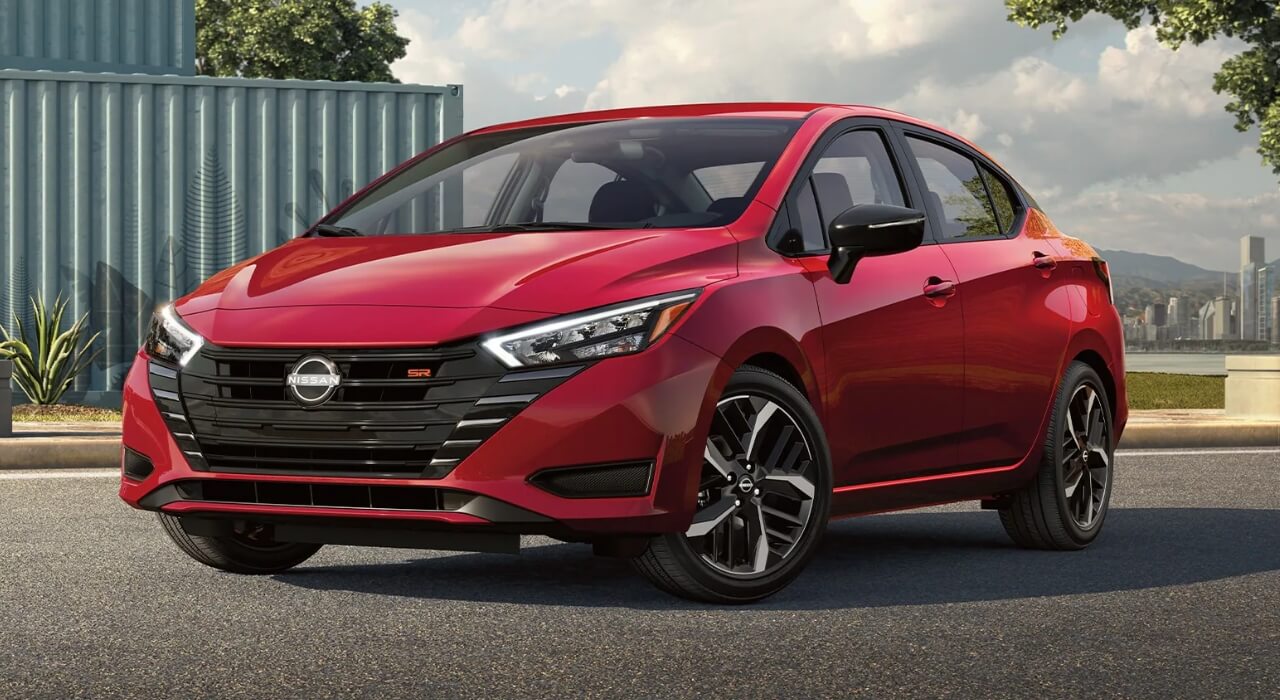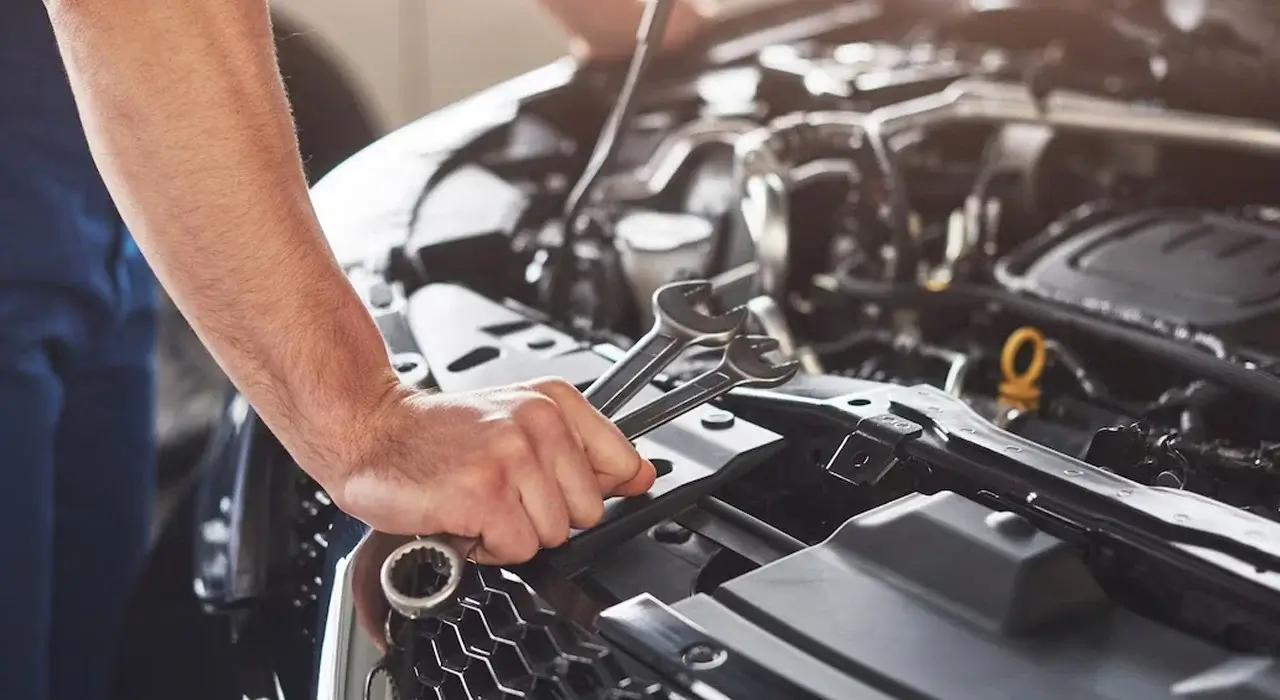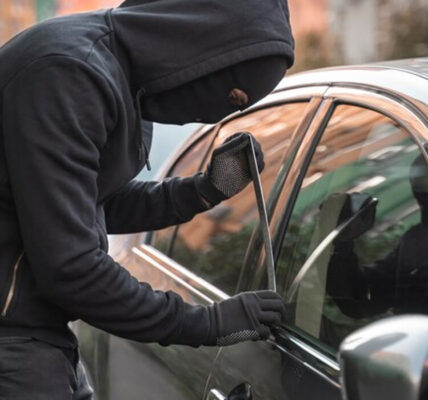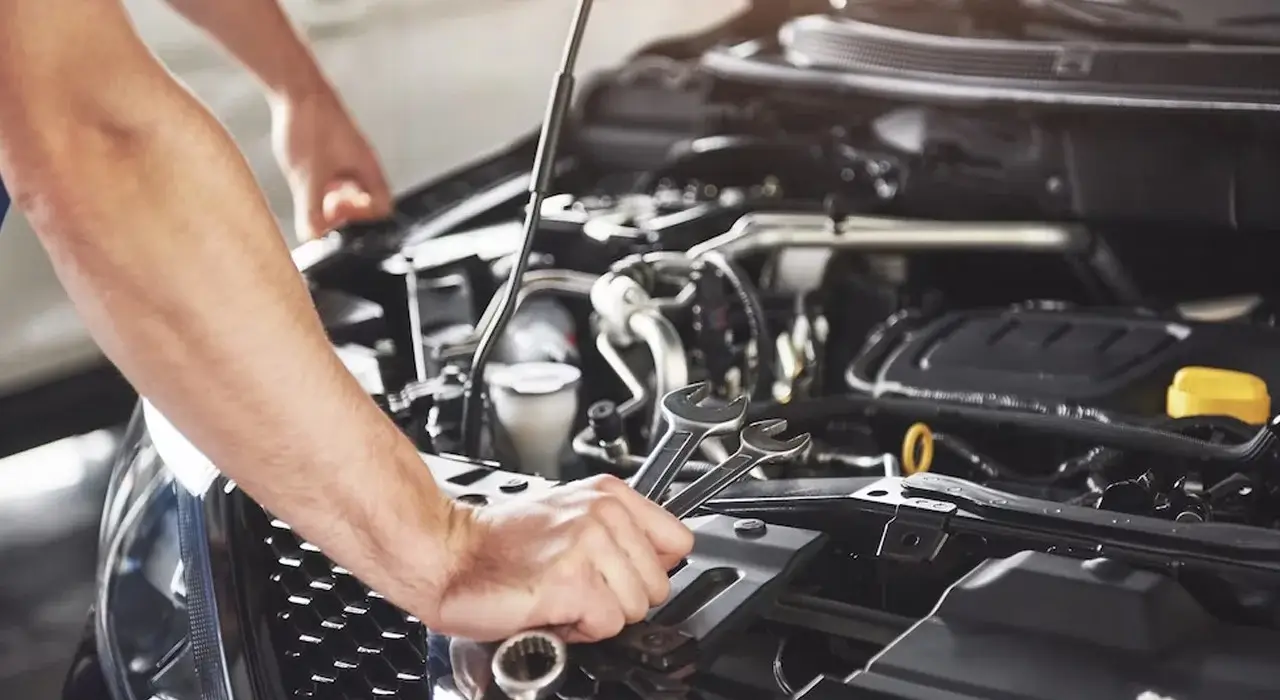There are many types of noise coming from the engine. Some are indicators of healthy engine conditions, while others indicate serious engine problems. Engine knocking noises signify problems causing engine damage. You need to know what engine knock sounds like to protect you from high repair bills.
Engine knocking sounds like a knocking, buzzing noise that gets louder and more unpleasant when you accelerate. Engine knocking happens when the oil burns unevenly in the car engine’s cylinders.
When cylinders have the correct ratio of air to fuel, the fuel burns in small, regulated pockets instead of all at once. Engine knock occurs when fuel burns unevenly and these bursts are triggered at the wrong time. The result?
An annoying noise and potential damage to the cylinder walls and pistons of your engine. Don’t panic, there are just a few things that can be the cause. If you are very worried, have your car checked.
Based on our experience with cars and the problems they cause, here’s a summary of what you need to know about car crashes and what you can do about them.
Top Ways To Easily Diagnose And Fix Car Engine Knock Sound
Engine detonation sounds like a series of light knocks that get progressively louder. It’s important to fix the problem as soon as possible, as the banging noise can cause serious damage if left unchecked.
Most of us will have trouble determining if the noise is a knocking rod, tappet key, rocker arm, or spark knock. However, there are some steps car owners can take to correct engine noise before it causes major damage.
1. Check Car Fuel
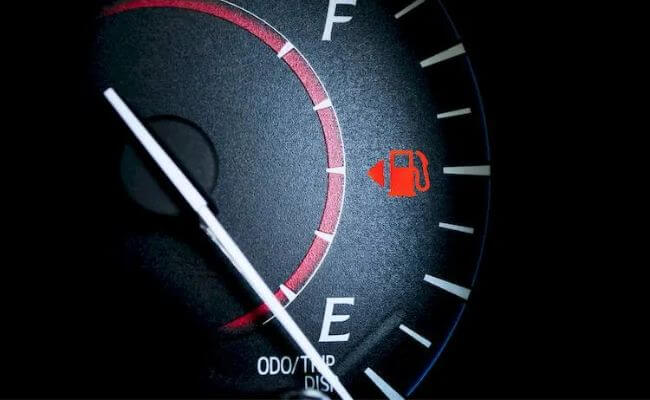
This is the “least invasive” method of diagnosing engine knock. Open your owner’s manual and check what octane rating you should put in your car. If it says 91 or higher and you’re charging at 87, your problem is probably fuel octane.
2. Add Fuel Detergent
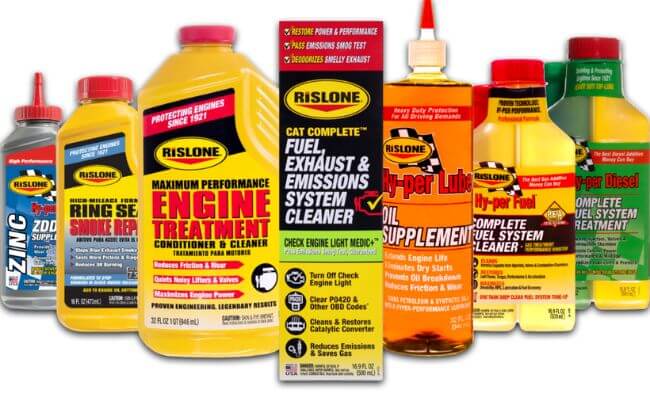
Most automotive fuels contain some detergent to prevent carbon from building up on the cylinder walls and spark plug electrodes.
Carbon buildup can cause hot spots, premature fuel, air detonation, and knocking noise. Supplemental fuel cleaner is used to assist you in removing carbon and engine knock from your car.
3. New Spark Plug
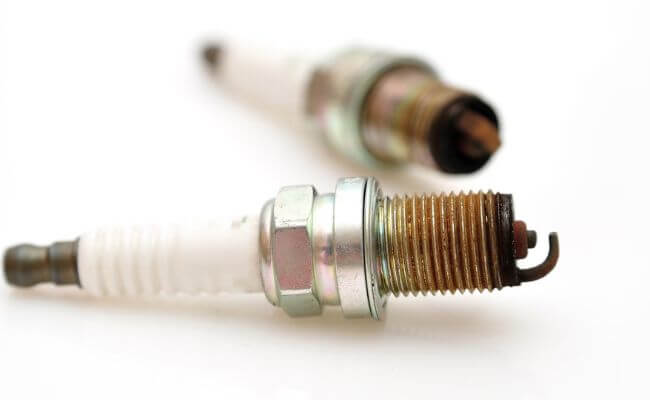
Once you have confirmed that your fuel and oil are all right, you can proceed to your spark plugs. If you know about cars, you can probably change the spark plugs yourself.
Related: Best Motorcycle Windshield Cleaners.
If they’re past your 30,000-mile mark, a replacement might do the trick. If you just replaced the plugs and you hear a knock, you may have a bad plug.
4. Increase Engine Speed
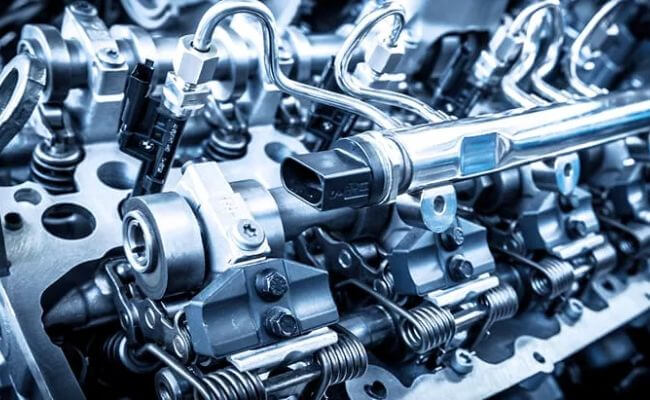
Short, slow trips around town don’t allow the engine to warm up and can cause carbon deposits. Low RPM knock can be caused by low octane fuel or stale fuel left in the engine for too long.
Make sure you are using the recommended grade of fuel and drive down the highway for about an hour to clear the lines.
Also Check:
5. Avoid Carbon Buildup
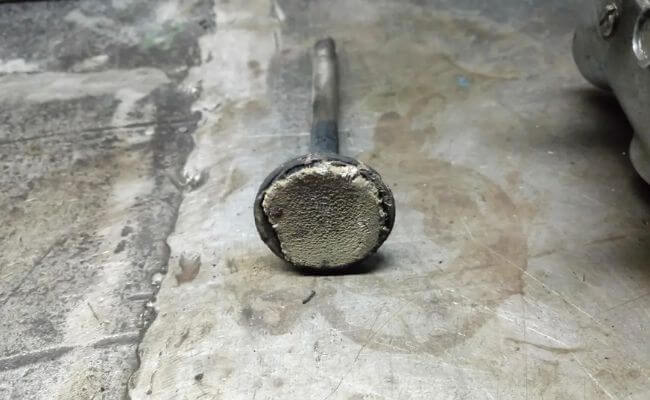
Prevent carbon build-up by using engine cleaners, throttle body cleaners, and injector cleaners. Use the scrapers to clean the oil passages and injectors and clean the throttle body.
Also, use the cleaners to clean the petrol tank. The products dissolve carbon deposits that can cause fuel blockages and sparks in the work area.
Find Out What Is Causing The Knocking Sound In Your Car’s Engine?
Engine knock occurred when two flame fronts collided in the ignition chamber of one of the engine cylinders. That’s why it makes the characteristic ringing or knocking sound.
Popular Post: Funny Nicknames For A Car.
Engine knock noise can be caused by a variety of factors. You may hear a thumping sound when accelerating from a standstill, or you may hear a thumping sound when braking under a vehicle. Read out the most common reasons for an engine knocking sound
A. Faulty Spark Plugs
Spark plugs play an important role in keeping the engine running. An engine’s spark plug creates sparks and ignites the fuel-air mixture in the cylinder.
As with any other part of your vehicle, you should replace the spark plugs according to your car’s maintenance schedule to stop the knocking noise. Also, use spark plugs as the manufacturer recommends; Incorrect spark plugs can cause the engine to knock.
B. Bad Knock Sensor
Modern cars equipped with an engine knock sensor detect some errors and send a message to the ECU to solve the problem.
Similar Post: Best Microfiber Drying Towels.
If there is a problem with the knock sensor, it will not detect the knock and the ECU will not detect that there is a malfunction. This eventually causes the engine to knock.
3. Build Up of Carbon Deposits
Some carbon deposits form naturally in the engine, despite American fuel, including carbon-removing detergents to prevent it.
The more these deposits form, the more the air-fuel mixture is compressed in the engine’s cylinders. This can lead to engine knock and engine cylinder damage.
4. Low Octane Fuel
Gasoline comes in a variety of octane ratings, giving you so many options when it comes to the pump. The higher the octane rating of fuel, the more compression it can withstand before igniting.
If your engine is designed for high-octane fuel, using the regular type may cause excessive engine noise.
5. Bad Timing
Creating the spark in an organized way requires computer distribution of the ignition coil current. If this doesn’t happen, detonation occurs, causing the engine to knock when accelerating and picking up speed. In this case, the engine knocks sound but does not continue to run.
What Does A Cummins Engine Knock Sound Like? All You Need To Know
There are many strange noises your engine can make when you start it or drive it down the road. Not all will hit the engine. You need to know what engine knock sounds like so you know what to look out for if you think your car might be affected.
Don’t Miss To Checkout: Best Options For Motorcycle Phone Mounts.
Under normal circumstances, your car engine should make a low rumbled noise when you start your car. But if you notice an engine knock, that noise is usually replaced by a repetitive knocking and/or ring that just won’t go away.
It can get worse when you step on the gas and drive, or it can stay the same whether you’re in your car at a red light or driving down the freeway.
Can You Drive A Car When Your Engine Knocks?
Suppose you start your car and notice that the engine is knocking. And if you’re noticing this for the first time, you probably don’t know the exact cause. So without a proper diagnosis, you have a choice to make.
So can you continue your trip or do you need to cancel the trip and repair the knock before driving your car down the road? If you don’t know the exact reason for the bumps, driving is not a good idea. Some of the above causes have serious implications.
Popular Post: Nissan Titan Years To Avoid.
And more often than not, it’s likely to get worse if the engine is idling while you’re driving. Driving a car with a knocked engine makes it prone to accidents.
Some causes, such as connecting rod knocking and a bad timing belt, can cause the car to spin out of control. And driving will only make the problem worse, which can wreak havoc.
Top FAQs About What Does Engine Rod Knock Sound Like?
What does engine knock sound like?
The engine knock sounds like someone sat down and hit the engine block with a metal mallet when you accelerate. If you only hear a knocking sound when accelerating, it is most likely an engine knock or ping.
This can also create incredible heat that can melt holes in your pistons or cylinder head.
What causes an engine to knock?
Knocking noises in your engine usually occur when your engine is out of sync. Every component in your engine has a purpose. To get the most out of your engine, all of these components must work in sync.
The working timing ensures that there is no loss of power when the engine is working. The weather directly affects the combustion chamber. When it doesn’t turn on as it should, you tend to have other problems.
How to fix an engine knocking?
The exact way to deal with engine knocking depends on the cause itself. Before thinking of ways to fix the engine knock, you first need to find out what is causing the engine knock. Almost all of the above causes have other unique symptoms besides engine knock.
So if you notice symptoms other than engine knock, you should be able to identify the suspects. And some problems can be found by physical inspection.
Does engine knock cause damage?
Uncontrolled engine knocking can cause severe engine damage. Detonation blasts can melt spark plugs, crack piston rings, crack pistons, damage connecting rod bearings, and even burn out a head gasket.
Now that you know a bit more about the cause and source of this problem, you can react more appropriately when you encounter it.
Can low oil cause clunking noise?
A low oil level can cause an engine to knock, but it’s a different sound. If you run the engine without enough lubricant inside it, many things can go wrong. A low-oil knock sounds more like a “knock” and less like a “tick” under the hood.
If you hear this noise, the first thing you can try is to check your oil level. However, a knocking or knocking noise in your engine is always a sign of a mechanical problem.
How Much Does It Cost to Fix Engine Knocking?
Finding the source of the problem may be the easiest part of repairing an engine knock. However, taking a car to the shop means your mechanic will have some pretty extensive work to do.
The diagnosis alone could take hours of work. If they have to disassemble the engine, the cost will drop quickly. Depending on the reason for the call, the cost to fix the problem can range from a couple of hundred dollars to $2,000-$3,000.
Final Thought
Engine knocking is one of the worst things you can encounter as a car owner. It is an indicator that something is wrong with your engine. More often than not, engine knock will lead to further engine damage if left unchecked.
Due to the myriad of possible causes, repairing an engine knock is not as easy as many other repairs. You need to diagnose the problem and find out exactly why your engine is knocking. Then you will have to go to a professional to work on your engine.







